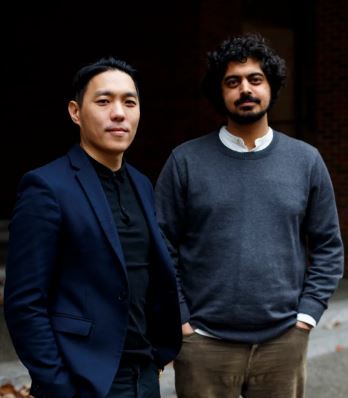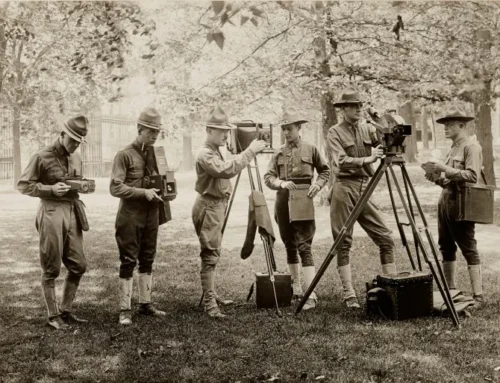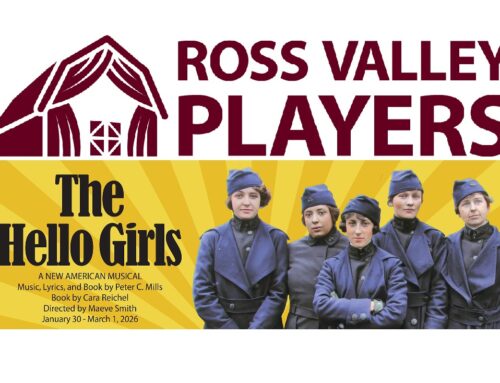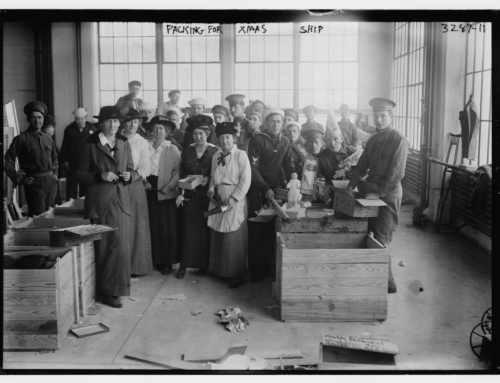Nation & World How WWI vets shaped Civil Rights Movement
Published: 20 March 2025
By Christina Pazzanese, Harvard Staff Writer
via The Harvard Gazette website
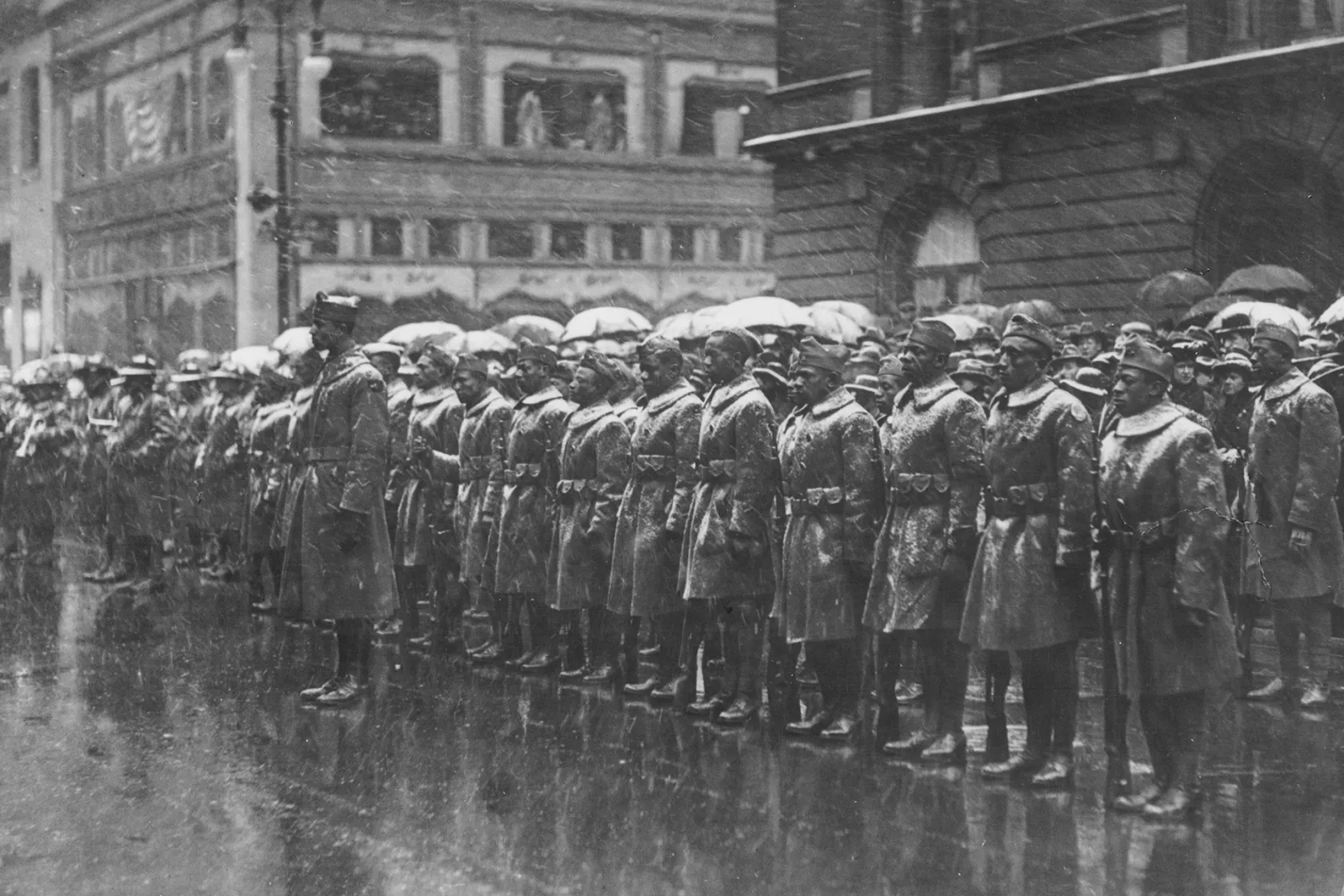
black-vets-ww1-thumbnail2
Soldiers of the 92nd Infantry Division take part in a victory parade on 5th Avenue in New York City following World War I. European/FPG/Getty Images
Study traces surge in activism among Black men who faced discrimination while defending country
Black men drafted into the U.S. Army during World War I were significantly more likely to join the NAACP and to play key leadership roles in the early Civil Rights Movement as a result of the discrimination they experienced while serving the country, according to a new study by Harvard Kennedy School economist Desmond Ang and Sahil Chinoy, a doctoral student in economics.
Looking to measure what drove the postwar boost in political activism among Black veterans, the researchers combed through millions of military records, U.S. Census data, as well as membership rolls for the National Association for the Advancement of Colored People in the decade following the war. They found that by 1930, World War I veterans comprised 15 percent of male members of the NAACP, the leading civil rights organization of the period.
The significant discrimination Black troops faced while serving in the Great War — working in segregated units with little formal training — “seeded deep feelings of institutional betrayal and discontent” that compelled many veterans to challenge the status quo after 1918, Ang and Chinoy concluded.
Black men who were induced to enlist were three times more likely to join the NAACP, the study found. Since the early 1800s, Black Americans had been barred from serving in the military and attending institutions such as West Point and the U.S. Naval Academy. When World War I broke out, the U.S. needed to beef up its defensive ranks quickly, so in 1917 it instituted the first nationwide draft of Black men, conscripting nearly 400,000. The move was unpopular, particularly within the all-white armed forces, and Black and white servicemen were segregated. Nearly 90 percent of Black troops were assigned labor-intensive or menial jobs, say the researchers, and most were denied combat and officer training, firearms, and promotions.
Soldiers who were most caught off guard by the hostile treatment they received were the likeliest to become politically active, the study found. For example, researchers traced the highest NAACP enrollment to veterans of the 92nd Division, who risked their lives in combat while facing constant racial abuse. The study saw lower enrollment among noncombatants and veterans of the 93rd Division, who experienced less discriminatory treatment while brigading overseas with the French military.
Identifying the private motivations of veterans from a century ago was difficult, so to help understand how Black soldiers felt about the war, Ang and Chinoy reviewed questionnaires administered by state commissions asking veterans to describe their service and how it affected them. Those who served in camps that denied training or promotion opportunities were more than twice as likely to cite injustice in their survey responses.
→ Read the entire article on The Harvard Gazette website.
External Web Site Notice: This page contains information directly presented from an external source. The terms and conditions of this page may not be the same as those of this website. Click here to read the full disclaimer notice for external web sites. Thank you.
